Posts Tagged: Pet Care
The Importance of Annual Pet Vaccines
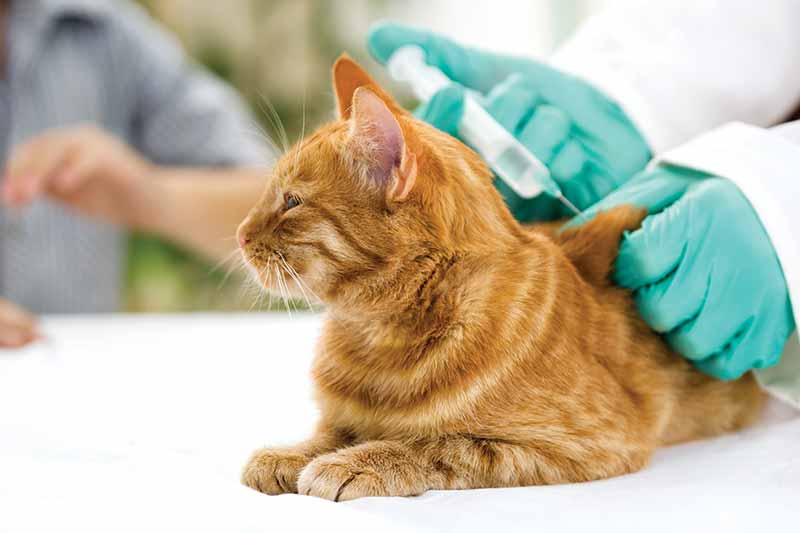 Annual pet vaccines are important because they protect your pets from dangerous and contagious diseases.
Annual pet vaccines are important because they protect your pets from dangerous and contagious diseases.
Knowing which vaccines your pet needs, however, as well as why and when, isn’t always something that’s widely understood by pet owners.
Understanding Vaccines
Vaccines help the body’s immune system prepare to fight disease-causing organisms. They contain antigens that resemble the disease-causing organism but don’t cause illness. When the vaccine enters the body, it mildly stimulates the immune system. If a pet is later exposed to the actual disease, their immune system is ready to recognize and either fight it off completely or lessen the severity of the illness. Continue…
New Year’s Resolutions For Your Pet’s Health

The New Year is the perfect time for a fresh start and setting new goals. Resolutions such as eating healthier, working out, improving work performance, or losing weight— all positive and worthwhile goals. However, many people tend to overlook their pets when planning their New Year’s resolutions.
Snug As A Bug In A Rug: The Best Pet Beds
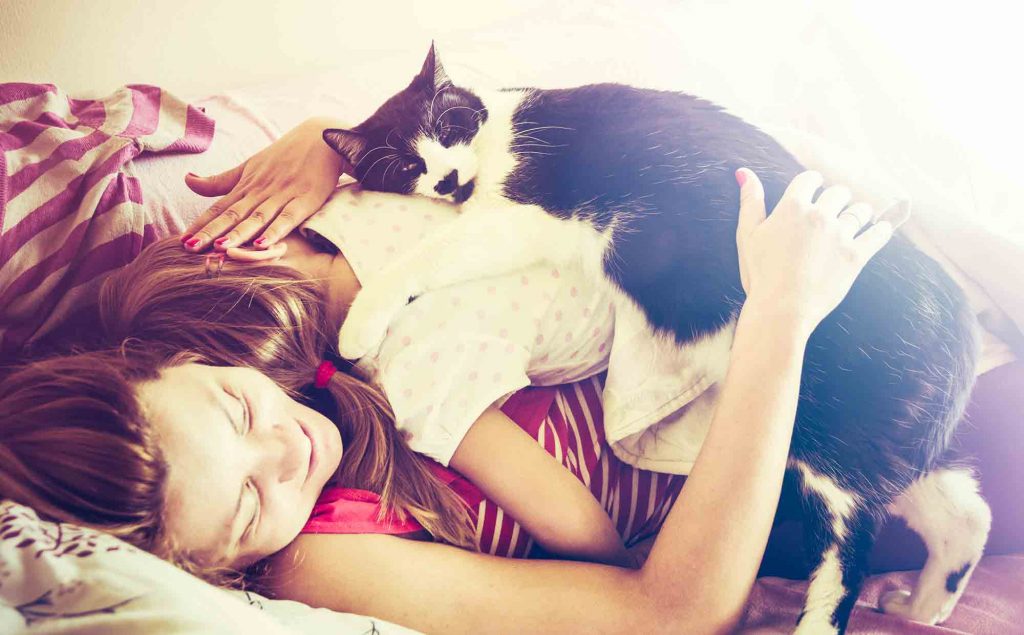 A recent survey conducted by the American Pet Products Manufacturers Association found that 42 % of dog owners allow their pups to sleep on their beds. Given that, and our own experience to boot, we also feel that it’s safe to say that at least that many American dogs are making themselves at home on couches, chairs, and other furnishings, as well rather than pet beds.
A recent survey conducted by the American Pet Products Manufacturers Association found that 42 % of dog owners allow their pups to sleep on their beds. Given that, and our own experience to boot, we also feel that it’s safe to say that at least that many American dogs are making themselves at home on couches, chairs, and other furnishings, as well rather than pet beds.
Pet Insurance: Is It Right for You?
 As the field of veterinary medicine continues to advance, the costs associated with pet medical care are also on the rise. While it’s truly wonderful to be able to offer our beloved companion animals the best in medical treatment and life-extending procedures, the costs associated with modern technology can sometimes strain our financial resources.
As the field of veterinary medicine continues to advance, the costs associated with pet medical care are also on the rise. While it’s truly wonderful to be able to offer our beloved companion animals the best in medical treatment and life-extending procedures, the costs associated with modern technology can sometimes strain our financial resources.
Health insurance helps us to offset our medical bills, and in many cases pet insurance can provide similar peace of mind. Although pet insurance is not the right choice for everyone, it’s worth looking into and deciding for oneself if the benefits outweigh the risks.
Beyond Bon Appetit: Why Your Puppy Eats Poop
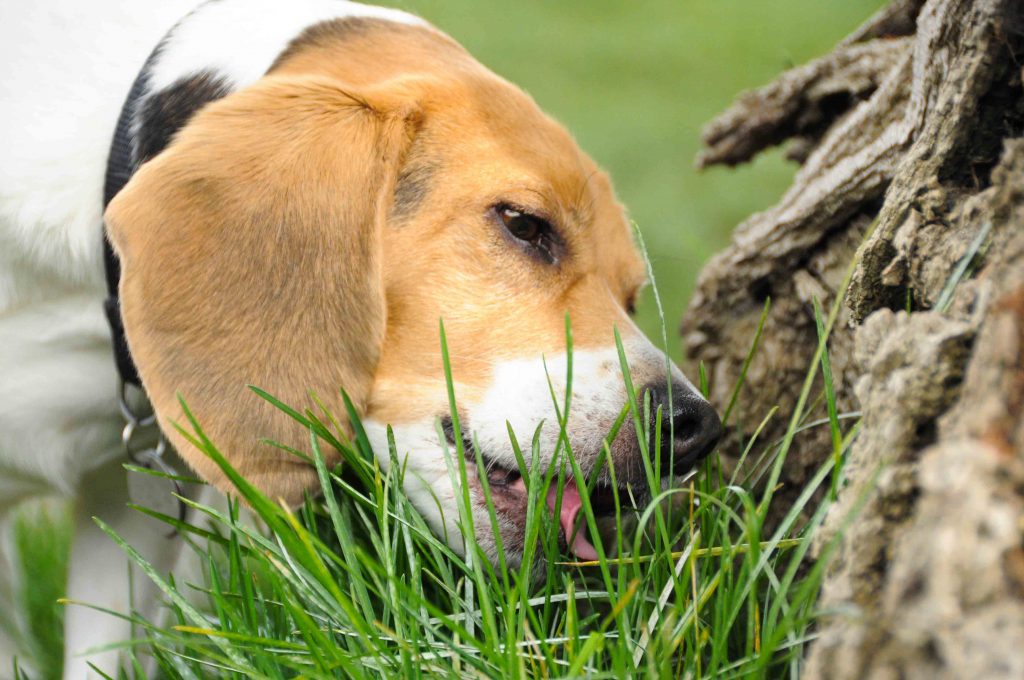 Dealing with your pet’s poop is one of the less glamorous aspects of pet ownership, but it’s just as necessary to their health and well-being as proper diet, exercise, and quality medical care. Having a puppy who eats poop, however, is something that many new pet owners weren’t expecting and aren’t sure how to deal with.
Dealing with your pet’s poop is one of the less glamorous aspects of pet ownership, but it’s just as necessary to their health and well-being as proper diet, exercise, and quality medical care. Having a puppy who eats poop, however, is something that many new pet owners weren’t expecting and aren’t sure how to deal with.
Poop-eating, also called coprophagia, is actually a normal – albeit gross–dog behavior. At Lone Tree Veterinary Medical Center we believe in tackling life’s stinky questions head on, and we are happy help you figure out why your puppy eats poop and what you can do about it.
Marijuana Toxicity in Pets
 Pot, weed, Mary Jane…no matter what you call it, marijuana needs no introduction, especially to Colorado residents. Medical marijuana became legal in Colorado in 2000, and in November of 2012, voters approved an amendment to the state constitution to legalize marijuana for recreational use. In January of 2014, the approved amendment became law.
Pot, weed, Mary Jane…no matter what you call it, marijuana needs no introduction, especially to Colorado residents. Medical marijuana became legal in Colorado in 2000, and in November of 2012, voters approved an amendment to the state constitution to legalize marijuana for recreational use. In January of 2014, the approved amendment became law.
Since marijuana use was first legalized, veterinarians across Colorado have seen a dramatic increase in cases of marijuana toxicity in pets. In fact, a Colorado-based study published in the Journal of Veterinary Emergency and Critical Care showed that the number of pets treated for marijuana poisoning quadrupled between 2005-2010. After the 2014 implementation of the recreational use law, our own veterinarians saw an uptick in the number of marijuana toxicity cases they were treating at our facility.
We’ve Come a Long Way, Baby: The Evolution of Modern Pet Ownership
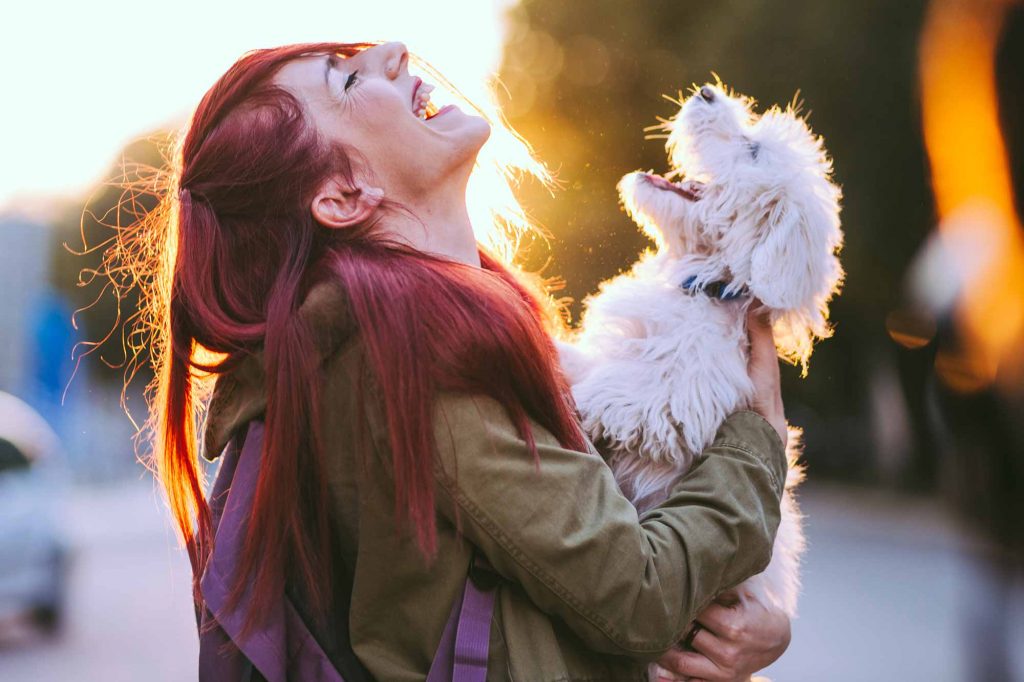 According to anthropologists, it was the wolf that helped bridge the gap between humans and four-legged animals several thousand years ago, giving humans an advantage over the Neanderthal populations that dominated at the that time.
According to anthropologists, it was the wolf that helped bridge the gap between humans and four-legged animals several thousand years ago, giving humans an advantage over the Neanderthal populations that dominated at the that time.
Early humans succeeded in domesticating wolves to help guard their camps, alert them to danger, and help them with the hunting of mammoths and other large mammals. Cats joined the picture later on, during the rise of agriculture, and became valued for their ability to keep mice and other vermin out of homes, barns, and grain stores. With the help of these synergistic relationships, early humans managed to survive in a very primitive world.
Every Rose Has Its Thorn: Dealing with Possessive Aggression in Pets
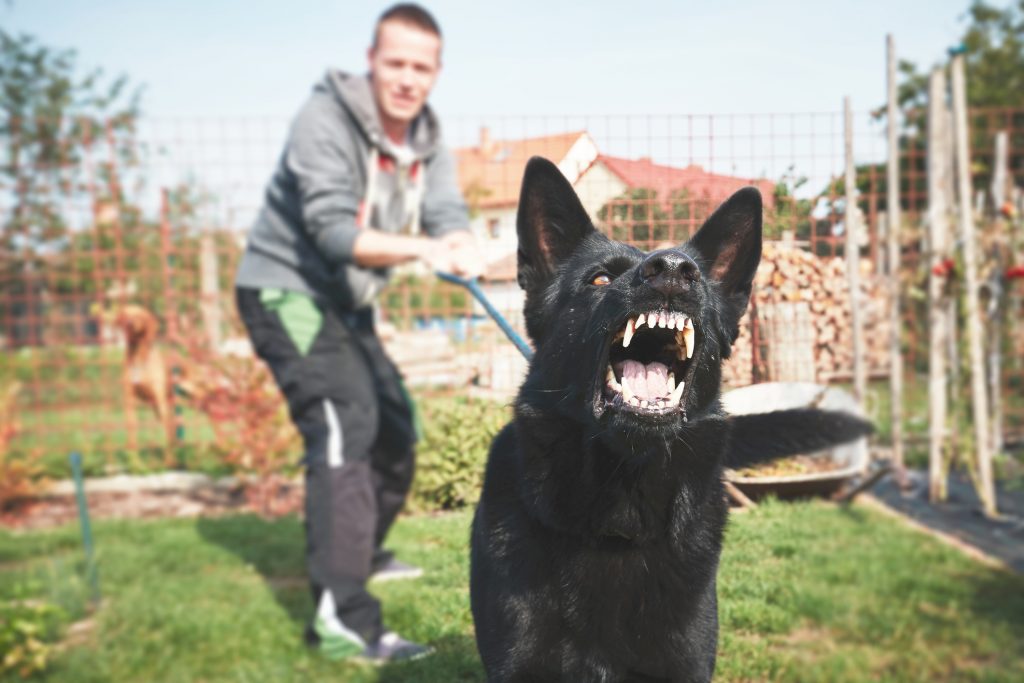 If your usually sweet Pomeranian turns into a snarling beast when anyone approaches her food, or your new Labrador puppy becomes aggressively protective of his favorite chew toys, you may have a case of possessive aggression on your hands.
If your usually sweet Pomeranian turns into a snarling beast when anyone approaches her food, or your new Labrador puppy becomes aggressively protective of his favorite chew toys, you may have a case of possessive aggression on your hands.
Possessive aggression in pets stems from a natural fear response to the real or perceived threat of a resource being taken away. Pets can become possessive over their food, toys, favorite sleeping spot, and even certain family members. Although guarding behaviors are normal for many pets, and can be useful for animals in the wild, it is unacceptable when aimed at people or other pets in the household.
Face Value: Finding Credible Pet Health Information
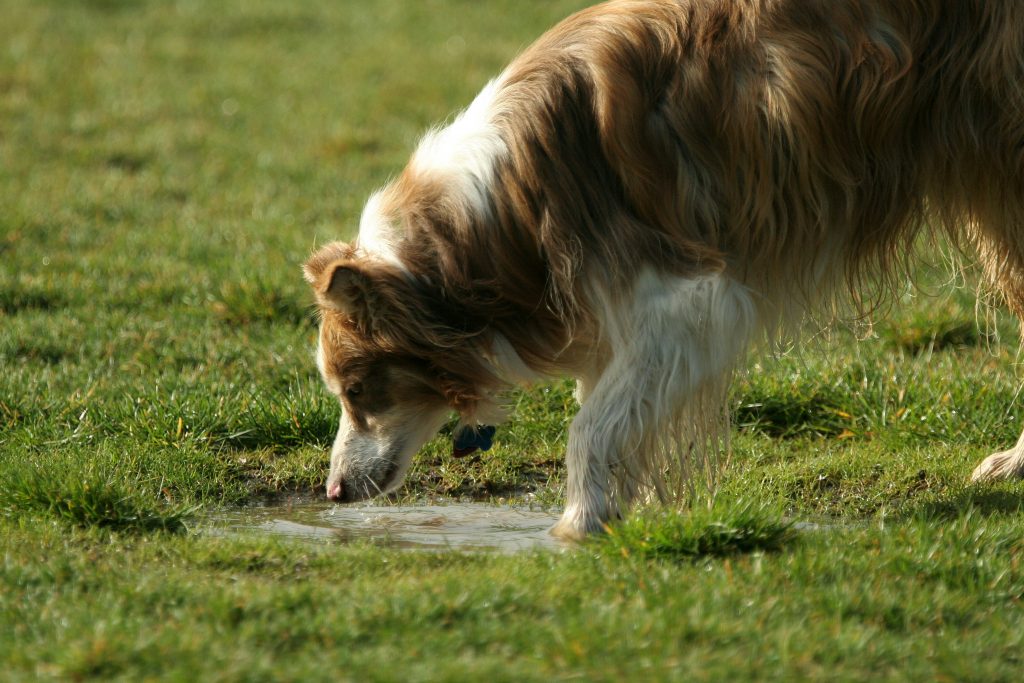 Understanding the various aspects of pet health and wellness is an important part of pet ownership, but finding answers to our questions isn’t always easy. There are so many sources of information available to us today, along with many conflicting viewpoints, that figuring out where to find credible pet health information can be a challenge.
Understanding the various aspects of pet health and wellness is an important part of pet ownership, but finding answers to our questions isn’t always easy. There are so many sources of information available to us today, along with many conflicting viewpoints, that figuring out where to find credible pet health information can be a challenge.
The Perils of Dr. Google
With the digital age firmly in place, it’s natural to turn to the internet when we have a question or suspect a problem. Unfortunately, it can be difficult to discern whether or not the information we find is accurate. Some of the common problems that can result from consulting “Dr. Google” instead of your trusted family veterinarian include:
At Home Pet Dental Care
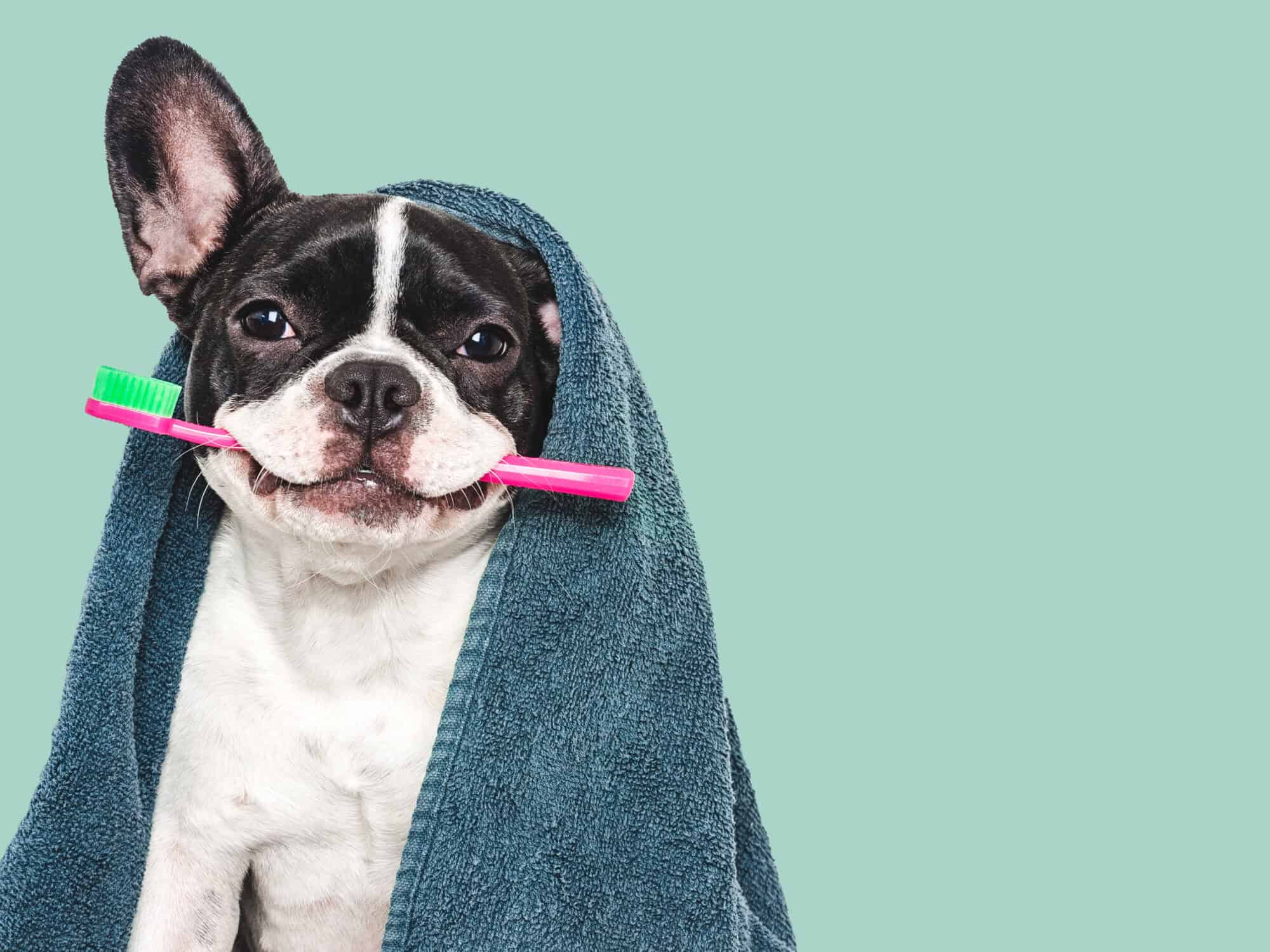 Dental care isn’t just for humans. By now, most pet owners are aware of the importance of good dental hygiene for their pets, and this is evidenced by the hundreds of pet home dental care products available to pet owners everywhere. But, do these treats, chews, rinses, sprays, and water additives really have what it takes to keep your pet’s mouth in tiptop shape?
Dental care isn’t just for humans. By now, most pet owners are aware of the importance of good dental hygiene for their pets, and this is evidenced by the hundreds of pet home dental care products available to pet owners everywhere. But, do these treats, chews, rinses, sprays, and water additives really have what it takes to keep your pet’s mouth in tiptop shape?
Brushing is Best!
First, and foremost, there is no substitute for daily brushing when it comes to the care of your pet’s teeth. Although, for many, the task may seem daunting, it needn’t be. Brushing your dog or cat’s teeth can take just a minute a day and the pet specific toothbrush and toothpaste products we recommend are safe and easy to use.



